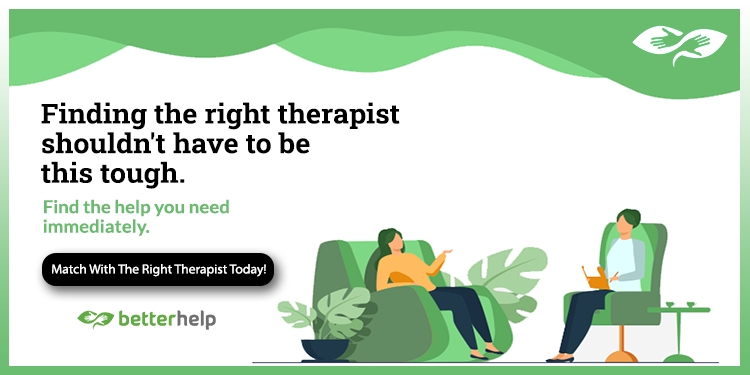Need for Control
The need for control is very common and can be a source of major problems in our relationships and lives in general. Through psychotherapy, we can better understand what this need actually is and how we can free ourselves from the addiction to control.
The need for control is usually associated with feelings of insecurity and fear of losing control of a situation. People who have this need often feel that their control over others and their environment is the only thing they have in life, which makes them feel safe. However, this need for control can cause conflict and frustration in relationships because the people around us do not want to be controlled.
When we have a problem with the need for control, we usually feel dissatisfied and unsatisfied. We often lack self-confidence and a sense of control over our own lives and try to transfer control to others in order to feel better. However, this is often not a permanent solution and can cause problems in relationships with other people.
One of the benefits of control is that it makes us feel more secure and in control of things in our lives. However, this benefit can turn into a negative thing, because too much control over others can make us feel like we have lost control of our own lives. This is because we focus on other people and their effects instead of ourselves and our own lives.
Psychotherapy can work to understand the root of the problem with the need for control and to find new ways to manage emotions and situations. This may include learning how to take control of our own lives, but not the lives of others. It is also possible to work on developing self-confidence and improving communication skills so that we can better understand other people and build healthy relationships.
Why do we love what is not good for us?
When we let go of the need for control, we feel empowered and free to live our lives the way we want. Instead of focusing on other people and their processes, we can focus on ourselves and our goals. We will also be able to establish healthy relationships with other people, because we will be less inclined to try to control them.
Therapy can be used to develop better coping strategies for insecurities and fears. This may include learning stress management techniques, breathing exercises, meditation, or other relaxation techniques. The therapist will work with the client to develop a better understanding of their own needs and values, which will help them feel confident in their decisions.
One of the key aspects of psychotherapy is changing the beliefs and attitudes that support the need for control. The client will work to identify negative thoughts and beliefs that support the need for control, and will learn how to replace them with positive and healthy beliefs.
Through psychotherapy, the client will also work to develop better communication skills and learn how to express their needs and desires in a clear, non-aggressive or controlling manner.
Once the client is free from the need for control, they may feel a little lost or insecure. However, through psychotherapy, the client will work on developing a sense of self-confidence and self-worth, which will help them feel more secure in their decisions and life in general.
The need for control is very common and can be very harmful to our relationships and lives. Through psychotherapy, we can work on identifying the root of this need, developing better strategies for dealing with insecurities and fears, changing negative beliefs, and developing healthy relationships with other people. Letting go of the need for control can be challenging, but it will help us feel freer and more secure in our lives.

Keywords: need for control, psychotherapy, autonomy, letting go of control, Licensed therapist near me in Manhattan NYC, Affordable therapy services in New York State, Holistic psychotherapy sessions in NYC, Somatic Experiencing therapy for trauma recovery in New York City, NARM therapy in Brooklyn, Licensed couples therapy in Manhattan, Gestalt therapy near me in NYC, Marriage counseling in Queens NYC, Therapy for anxiety treatment in NYC, Experienced psychotherapist in New York, Licensed psychotherapist near me in NYC, Somatic Experiencing therapy sessions in New York, Trauma therapy and counseling in Manhattan, Gestalt therapy sessions in New York City, Therapy sessions for emotional regulation in New York, Trauma therapy near me in Brooklyn New York, Licensed mental health therapist in Manhattan NYC, Depression therapy in New York, New York City therapist experienced in PTSD treatment
*Photo: GettyImages
*Contact: Make an appointment
*For companies: Creative manager
Transgenerational trauma








